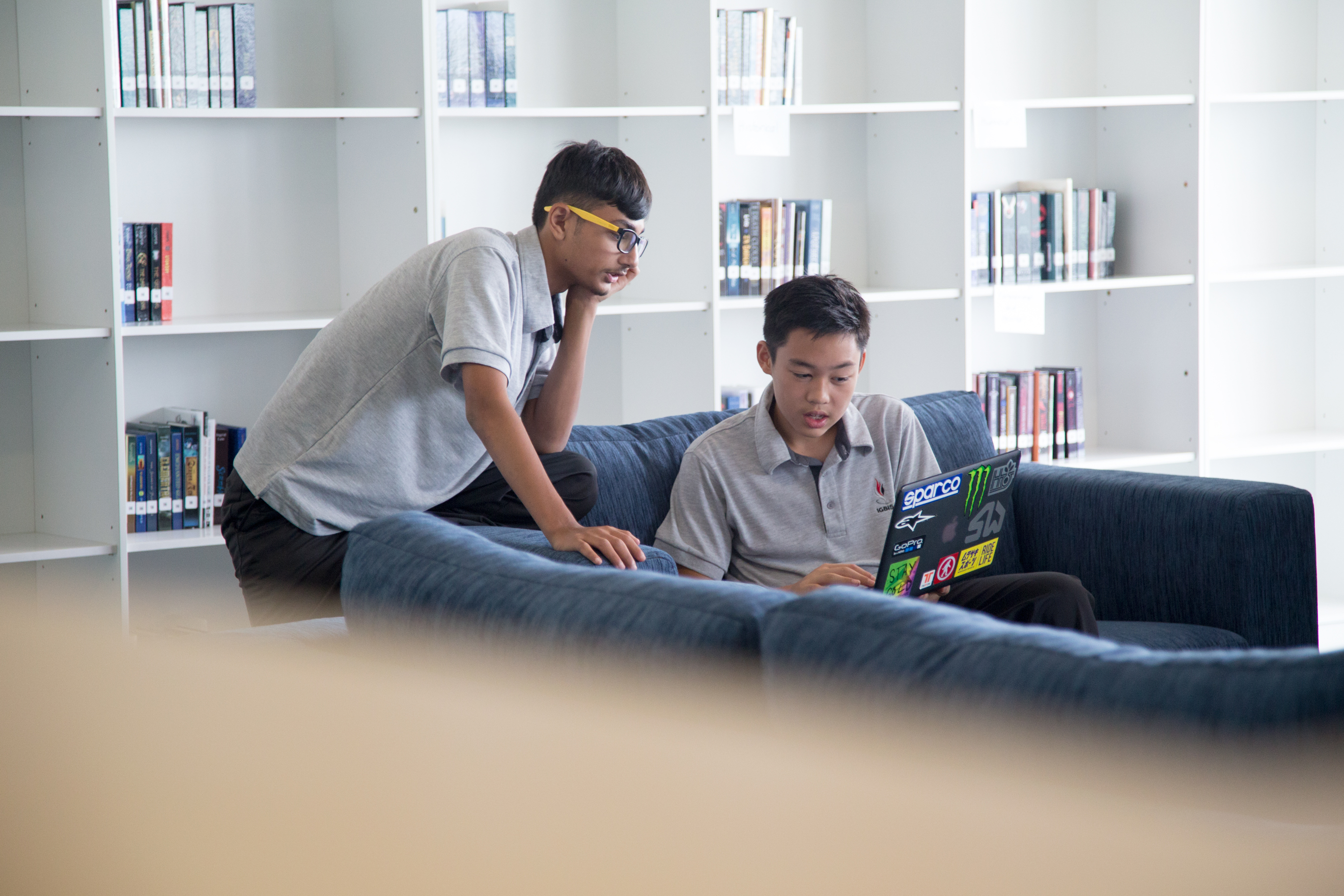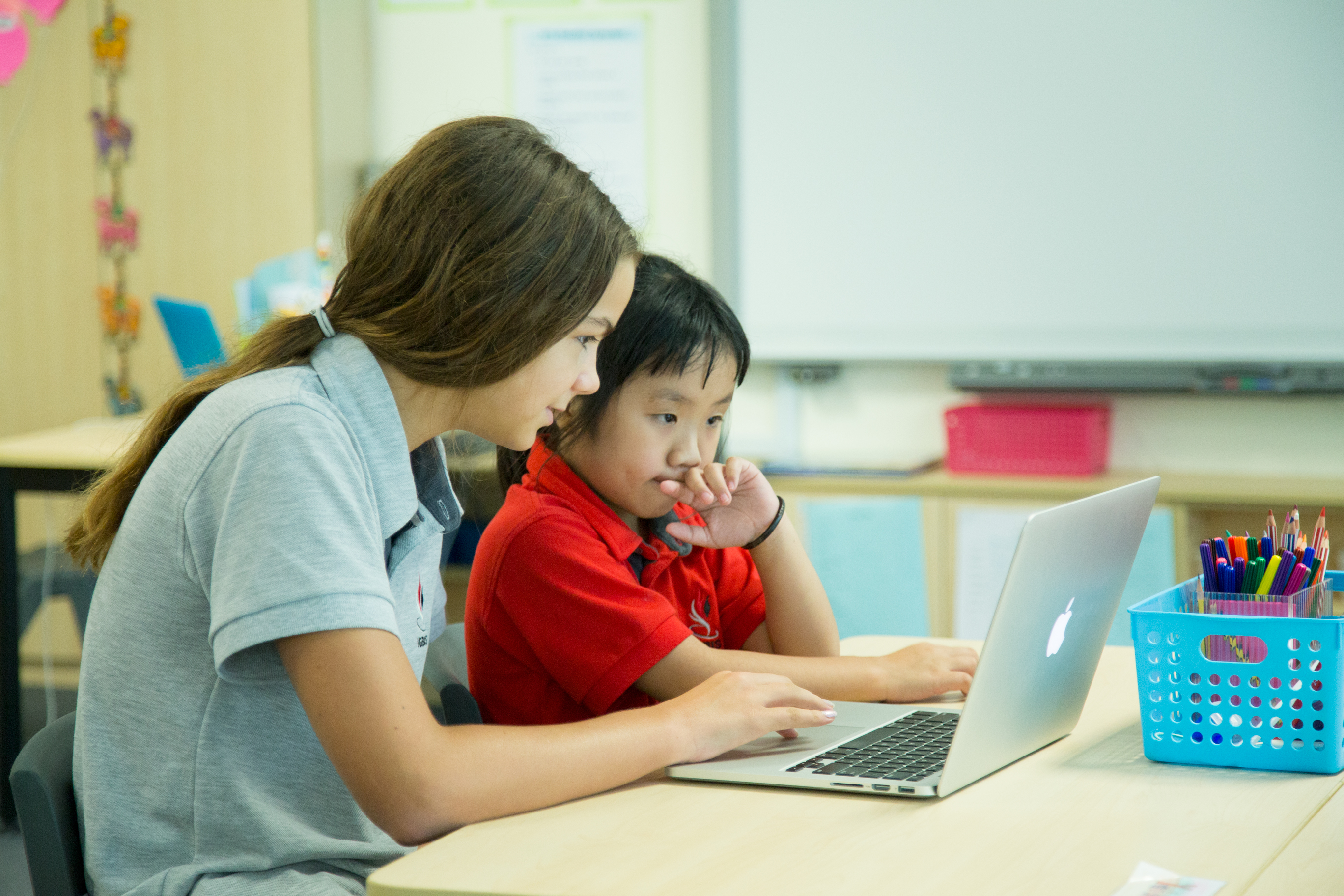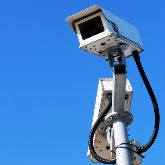
Parents looking at the various educational opportunities for their children will find many schools that offer International Baccalaureate (IB) programmes. The IB Diploma Programme was established in 1968 to provide an educational platform both challenging and comprehensive that would enable students to understand and manage the complexities of the adult world and provide them with the skills and attitudes for taking positive, responsible action.
This educational platform was rooted in the belief that people who ultimately have the tools to shape the world positively require an education that crosses cultural, national, geographical, and disciplinary boundaries.
The MYP and the PYP
In addition to the IB Diploma Programme, the Middle Years Programme (MYP) was introduced in 1994 and the Primary Years Programme (PYP) in 1997.
Some institutes may choose to only offer the IB Diploma Programme in the final two years as a pre-university course while other IB World Schools offer up to four IB programmes that provide a connected educational experience for 3-18 year old students. Linking all of the IB programmes are a set of 10 attributes referred to as the Learner Profi le.
Introduced with the aforementioned PYP in the 1990s and adopted by all IB programmes a decade later, the Learner Profile attributes outline what IB learners should strive to cultivate as they participate in an IB education.
The attributes reflect the IB mission in action, developing “internationally minded people who, recognizing their common humanity and shared guardianship of the planet, help to create a better and more peaceful world.”
The Learner Profile has twice been reviewed by collaborative teams of highly respected international educators – the most recent in 2012 – and the current set of attributes state that IB learners strive to be inquirers, knowledgeable, thinkers, communicators, principled, open-minded, caring, risk-takers, balanced, and reflective.
Each attribute also has a descriptor written from the perspective of an IB learner, such as this one for principled: “We act with integrity and honesty, with a strong sense of fairness and justice, and with respect for the dignity and rights of people everywhere. We take responsibility for our actions and their consequences.”
Mr Lennox Meldrum, Secondary School Principal at IGB International School, an IB World School at Sierramas and Valencia, says that integrating the Learner Profile attributes into teaching makes for better learning experiences for students.
Schools that offer IB programmes build their units of study with the Learner Profile embedded into the classroom experiences. IB teachers know that learning is not simply a passive reception of facts, but that it occurs when experiences are connected to real-life contexts and internalized through thinking and reflection to extend knowledge, ideas, and skills.
The IB programme encourages students to become active, compassionate, lifelong learners. An IB education is also holistic in nature, concerned with the whole person. For students, IB programmes emphasise learning how to learn, valuing learning as an essential and integral part of their everyday lives, and interacting effectively with various learning environments.
A range of competencies
IB programmes aim to develop a full range of competencies including skills for thinking, for working with others, for communicating effectively, for conducting research, and for self-management.
Researchers have also found that emotional intelligence is a vital attribute for learning. Students learn about themselves through social engagement and through observation and modeling. By encouraging students to be caring and balanced, the Learner Profile helps to develop a stronger emotional intelligence.
The Learner Profile also extends to student learning outside of the classroom according to Mrs Anne Fowles, Head of IGB International School. “Our subjects are only one area where students are exposed to the Learner Profile; they also undertake service learning that requires students to be open-minded and caring, and participation in sporting teams and extracurricular activities emphasizes the need to be balanced and to be good communicators.”
Learning experiences do not always need to lead to formalized assessment, says Mrs Fowles: “An IB student is not only intellectually challenged by our academically rigorous programmes, but also has the opportunity to develop the attributes of a outstanding global citizen.”
University admissions officers often comment on how well-balanced IB graduates are both academically and socially. Increasingly, universities seek IB graduates as they have been shown to successfully and quickly adjust to life beyond school.
To see how the Learner Profile is embedded in an IB programme, parents should visit IGB International School and talk with the team of educators about how their courses of study can help students prepare for success. As an IB World School, the Learner Profile is deeply embedded in all learning experiences.
"ExpatGo welcomes and encourages comments, input, and divergent opinions. However, we kindly request that you use suitable language in your comments, and refrain from any sort of personal attack, hate speech, or disparaging rhetoric. Comments not in line with this are subject to removal from the site. "













